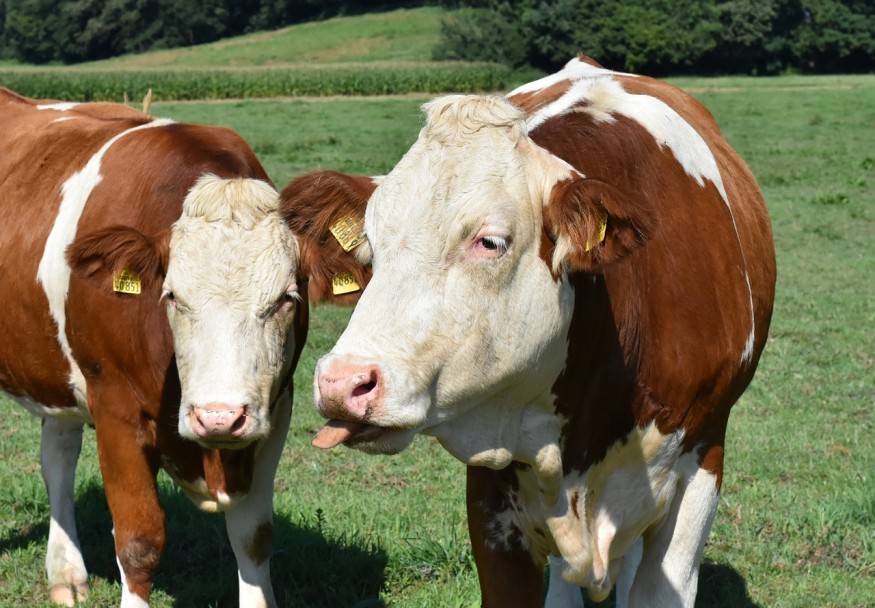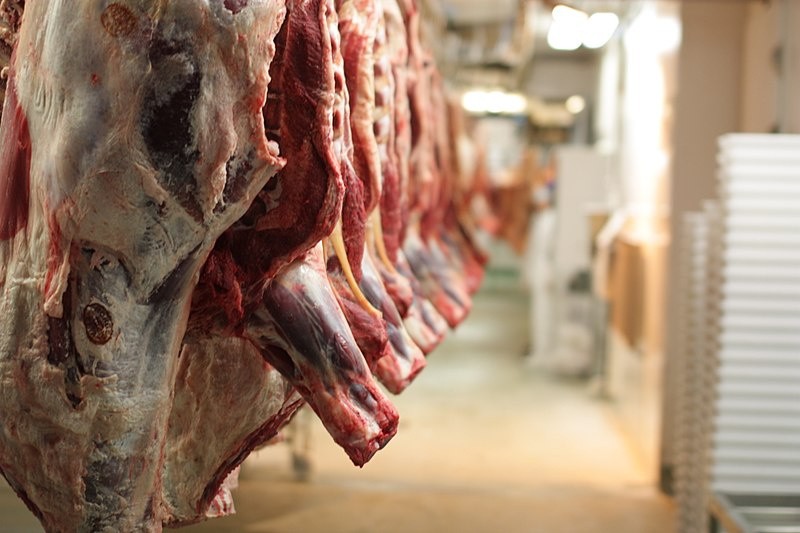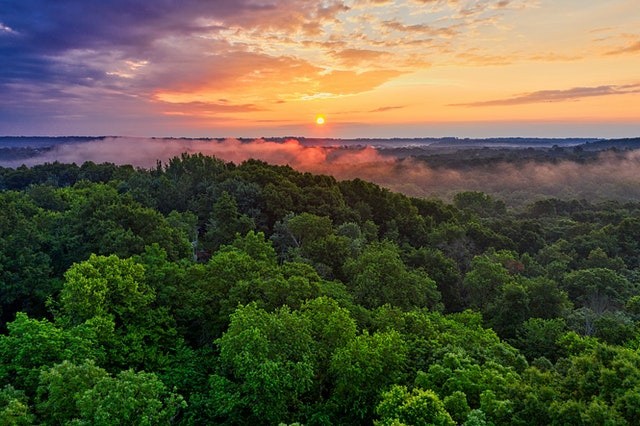Because of worries over linkages to deforestation in the Amazon rainforest and other environmentally significant locations, Sainsbury's and five other European supermarkets have stated that they will cease selling some or all beef products originating in Brazil.

Following studies into "cattle laundering" involving JBS, Sainsbury's, Lidl Netherlands, and others took action. The corporation reportedly indirectly acquired animals from unlawfully deforested areas, according to the news organization Repórter Brasil.
Cattle Laundering

Cattle laundering occurred when animals raised on an illegally deforested plot of land are moved to a farm free of deforestation to be fattened before being trucked to an abattoir for slaughter and processing, according to a series of investigations by the Guardian and the Bureau of Investigative Journalism (BIJ) in recent years.
The exact provenance of the animals is sometimes concealed, and opponents claim that the problem is prevalent in Brazil, allowing livestock from "dirty" farms associated with deforestation to be mingled with cattle from "clean" farms.
Beef Prdoucts
Repórter Brasil, in collaboration with the advocacy organization Mighty Earth, tracked deforestation-linked cattle from Brazil to European grocery shelves, including beef jerky, corned beef, and fresh meat.
Researchers discovered corned beef on sale at Sainsbury's processed in a JBS slaughterhouse in Lins, S. Paulo. The slaughterhouse apparently obtained cattle from a farm that accepts animals for fattening from remote farms sanctioned-and is now prohibited from doing so - for unlawful destruction in the Amazon rainforest.
Embargos are enforced as a penalty and a protective measure to allow land to recover after environmental crimes, such as farmers or landowners illegally chopping down trees.
"The relationship between cow ranching and the deterioration of ecosystems like the Amazon, the Cerrado, and the Pantanal is a complicated subject, which we take extremely seriously," a Sainsbury's representative told the Guardian. We've taken several initiatives with our suppliers and the rest of the industry to remedy this, but we haven't made enough progress.
"As a result, we've committed to moving our own-brand corned beef procurement away from Brazil so that Sainsbury's corned beef can be independently certified as being free of deforestation and conversion in origin."
Beef Market
JBS, which obtains cattle from the Amazon for its vast worldwide beef market, generates yearly profits of $50 billion (£37.5 billion) and slaughters about 35,000 animals every day in Brazil alone. Beef shipments to continental Europe have climbed by a fifth in recent years despite the Amazon crisis.
JBS told the Guardian that it had "no tolerance for illegal deforestation, forced labor, misuse of indigenous lands, conservation units, or violations of environmental embargos," and that it had blocked more than 14,000 supplier farms "for failure to comply with our policies and standards," and that it would "continue to take additional actions as warranted" in response to the investigation by Repórter Brasil.
It also said that it has invested in a new blockchain-enabled technology that would allow it to track indirect suppliers and "reach a 100% illegal deforestation-free supply chain by 2025," according to the company. JBS claims to have investigated the vendors identified by Repórter Brasil and determined that they complied with JBS procurement procedures.
For the first time in 2020, the Guardian, BIJ, and Repórter Brasil revealed how JBS's own vehicles seemed to transfer cattle from a "filthy" ranch punished for deforestation to an allegedly "clean" ranch that supplied JBS abattoirs. According to livestock movement documents collected by the BIJ, thousands of cattle were trucked on the same route.
Disputing the Findings
The findings were contested by JBS. The discoveries, however, clearly contradicted the company's assertions that it was unable to monitor the beef supply chain's more remote regions. Following that, the business announced the creation of the "green platform," which would allow it to oversee the whole supplier system, including the problematic "indirect supplier" Amazon farms that it had previously been unable to monitor.
The findings came after a previous inquiry showed the entire scope of the UK's role in Amazon deforestation. It was revealed that around £1 billion worth of beef provided by JBS and other meat companies related to deforestation have been directly imported into the UK in recent years.
Amazon's Condition

The Amazon is a critical buffer for regional and global climatic stability. Many scientists believe that preserving the world's rainforests is essential if a climate emergency is to be avoided.
Despite this, deforestation reached 20,000 sq km per year between 1980 and 2005. And international demand for beef is fueling the problem: each year, around 5,800 square kilometers of forest - an area four times the size of Greater London - are destroyed in the Amazon and other parts of Brazil to make way for cattle ranching pasture.
"This is a watershed moment because several large retailers across Europe are emphatically saying 'No to Brazilian beef because of deforestation concerns," said Nico Muzi, Mighty Earth's Europe director. "This isn't a hazy promise or a lovely statement for a press release. This is a series of tangible business moves taken by some of Europe's largest supermarkets to cease buying and selling beef from a corporation and a country that has made far too many promises and produced far too few results."
"Christmas has arrived early for the Amazon forests, the Brazilian Cerrado savannahs, and the Pantanal wetlands," Muzi remarked.
For more news about making the environment sustainable, don't forget to follow Nature World News!
© 2026 NatureWorldNews.com All rights reserved. Do not reproduce without permission.





